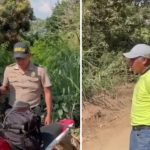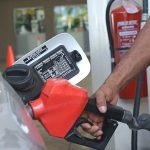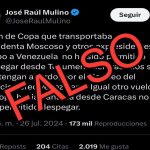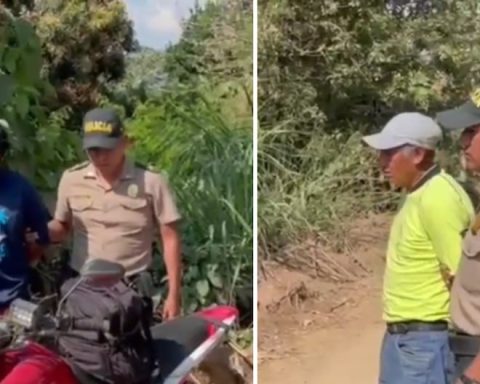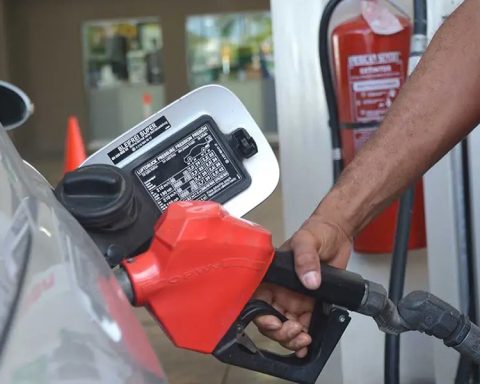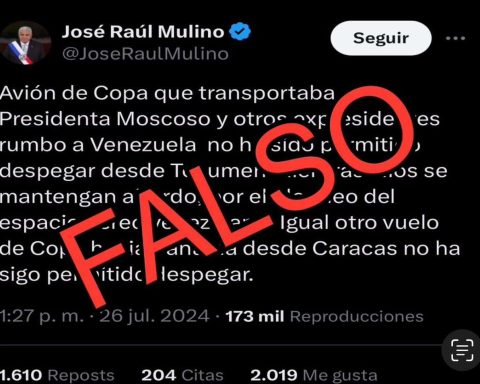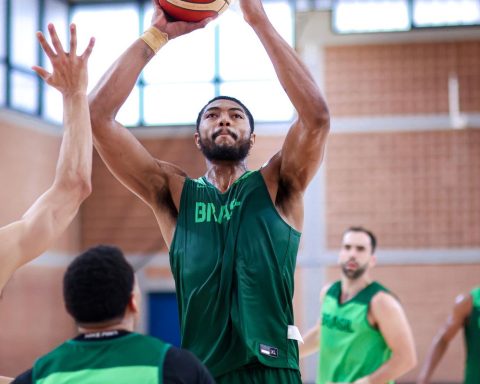Managua, Nicaragua | AFP | Nicaragua will hold a controversial election on Sunday in which President Daniel Ortega, who has been in power for 14 years, will undoubtedly win a fourth consecutive term, with his main opponents in prison.
Here are five key points that explain how it got here:
– The “devil’s pact” –
Ortega ruled Nicaragua in the 1980s, in the midst of a civil war with insurgent groups sponsored by the United States, following the triumph of the revolution led by the leftist Sandinista National Liberation Front (FSLN) that overthrew the dictator Anastasio Somoza in 1979.
Defeated at the polls in 1990 by Violeta Barrios de Chamorro, Ortega led the transformation of the FSLN for 17 years since the opposition and in 1999 negotiated a pact with the former liberal president Arnoldo Alemán (1997-2002) to distribute quotas of power in all the institutions of the State. A “pact of the devil”, has called the famous Nicaraguan writer Sergio Ramírez, in exile in Madrid.
The pact led to Ortega’s return to power in 2007, when he won the elections and promoted a pragmatic leftist policy, negotiated with financial organizations and, contrary to the 1980s, had an alliance with big business and a commercial relationship with the United States.
– The “electoral non-competition” –
The FSLN gradually assumed sole control of the state. Ortega was reelected in 2011 under a questioned 2009 court ruling that declared the constitutional prohibition of successive reelection inapplicable for him alone.
In 2014, another controversial constitutional reform was approved that endorsed indefinite presidential reelection.
The reforms “incorporated rules that restrict electoral competition and the exercise of political rights” for Nicaraguans, said a report by the Inter-American Commission on Human Rights (IACHR).
Ortega was reelected in 2016 in elections without significant rivals and marked by high abstentionism.
In the midst of a gradual loss of the FSLN’s electoral flow, reforms were approved that lowered the ceiling required to win an election and now the candidate with the “highest number of valid votes” wins.
– The “co-chair” –
Ortega’s control over state institutions is now total: Army, Police, Congress, Supreme Electoral Council, Judiciary and Prosecutor’s Office.
“All powers are aligned with the Executive, so they do not represent limits to the exercise of power or prevent arbitrariness,” according to the IACHR.
At the same time, Ortega extended the influence of his family. Opponents accuse him of nepotism. His wife Rosario Murillo was first his official spokesperson and since 2017 his vice president.
“We have two presidents here because we respect the 50-50 principle, that is, here we have a co-presidency with comrade Rosario,” Ortega said recently at a public event.
Their children own or run official media and some hold public office.
– The “pot” that exploded –
In the midst of the drop in aid from Venezuela, of about 4.8 billion dollars between 2007 and 2016, and the discontent on the part of the population due to acts of corruption and abuse of power, in April 2018 a wave of student protests broke out, whose trigger was a reform to social security.
“The pot that had been accumulating incendiary steam exploded as a result of a malaise that neither politicians nor traditional parties led. April 2018 was a spark that ignited a fuel that had been gathering for years,” said sociologist Oscar René Vargas, in exile in Costa Rica.
The movement spread and demanded Ortega’s resignation. For about five months the country was semi paralyzed with road blocks. The repression, in which paramilitary groups participated, left at least 328 dead, according to the IACHR.
The protests, which broke Ortega’s alliance with businessmen and the Catholic Church, were considered by the government as an “attempted coup,” supported by Washington.
– The “immobilization” –
When a dialogue between the government and the opposition failed, and the protests crushed, there were selective captures.
At the end of 2020, the government enacted laws on “foreign agents”, defense of sovereignty and “cybercrimes”, which impose harsh prison sentences on those accused of “treason,” “money laundering,” on those who promote sanctions against country or spread “fake news” at their discretion.
Under those laws, 39 people have been detained since June: seven presidential hopefuls, political and social activists, businessmen and journalists. Washington and the European Union responded by imposing sanctions against Ortega’s family and friends.
More than 100,000 people have gone into exile since 2018 and there are more than 150 detainees.
“With brute force, he managed to immobilize the population. There is no democracy. We are almost at a dead end,” Vilma Núñez, president of the Nicaraguan Center for Human Rights (Cenidh), told AFP.
